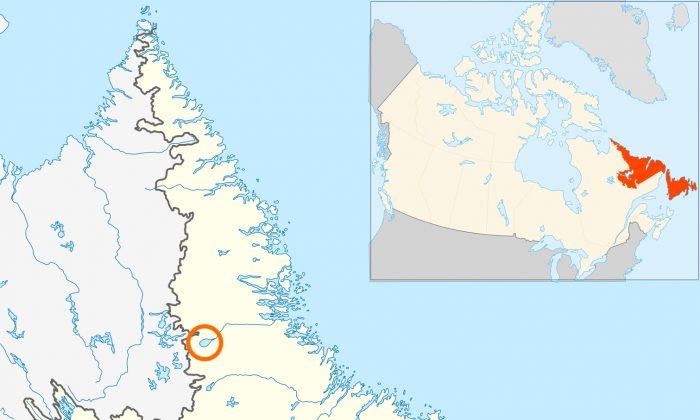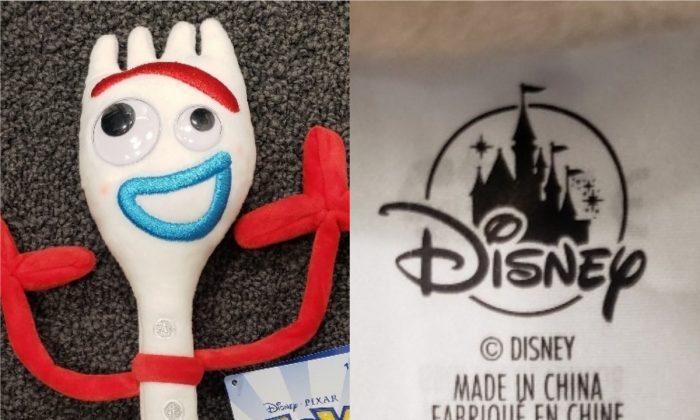The Chinese regime is blocking pork imports from a third Canadian company, worsening already tense relations between the two countries.
According to Reuters, customs officials said through WeChat that they found traces of ractopamine in pork products from Quebec-based company Frigo Royal Inc., owned by Expedi-Go Transit.
“We have been briefed by China,” Federal Agriculture Minister Marie-Claude Bibeau said in Ottawa on Tuesday, according to the Canadian Press. “We have no scientific confirmation that [this substance] has been found.”
She added, “I do not want to speculate on the consequences that this may have on our relationship, but this is definitely not good news.”
Frigo Royal is listed by the Canadian Food Inspection Agency (CFIA) as a federally registered meat establishment and is on the Agriculture Department’s list of export license holders.
Ractopamine is a feed additive given to animals so that they grow faster with increased muscle mass. The additive is banned in the European Union, Russia, and China, but it is legal in the United States, Mexico, and Canada.
Beijing said it would suspend all imports from Frigo Royal and no longer accept health certificates issued by the company’s veterinary officer, Reuters reports.
Expedi-Go Transit sales director Marc-André Houle told Radio-Canada that he learned Friday that the Chinese regime would no longer accept products from the company. He also said the CFIA was looking into the matter.
According to Quebec Pork Producers, 70 percent of the province’s pork production is exported, with $283 million worth of pork and pork products shipped to China in 2018, the Canadian Press reports.
Beijing stopped pork imports from Canadian producers Olymel LP and Drummond Export over labelling issues in May.
Bruno Mussley, director of international development at Drummond Export, told the Canadian Press that they had presented an action plan and were waiting for a response from Beijing.
“Our licence is still suspended,” he said. “We presented an action plan to the CFIA and it was given to the Chinese authorities. It’s not in the hands of the Canadian government, but the Chinese.”
Bibeau, who made the announcement in May regarding the labelling issue, said at the time she was hopeful it would be resolved.
“So it’s an administrative issue and I am confident that we will be able to solve this situation,” she told reporters in Ottawa.
Over the past several months, other Canadian products have also been targeted by the Chinese regime.
The Canadian government rejected the notion that the canola was contaminated.
As well, Dwight Gerling, president of Canadian exporter DG Global, told Reuters in April that routine inspections for soybeans by Chinese authorities were taking weeks longer than usual.
“They’re basically sending out the signal, ‘You buy from Canada, we’re going to make your life difficult,” he said.
The Chinese regime has repeatedly demanded that Meng be returned immediately, while Canada has maintained that its involvement in Meng’s case is an obligation based on the rule of law. Meng is currently out on bail as the extradition process continues.





